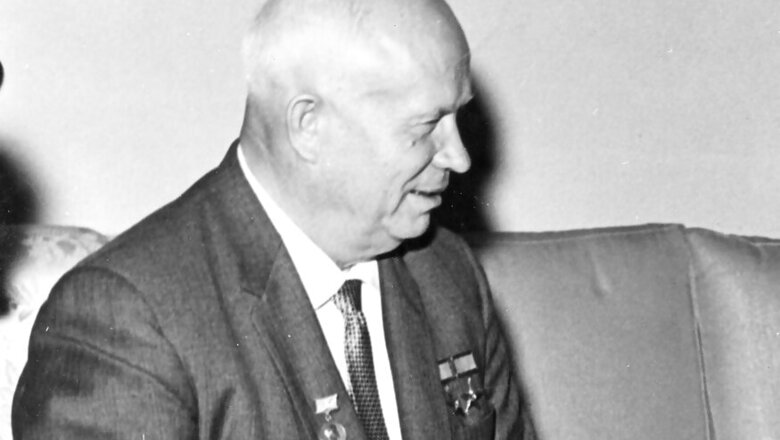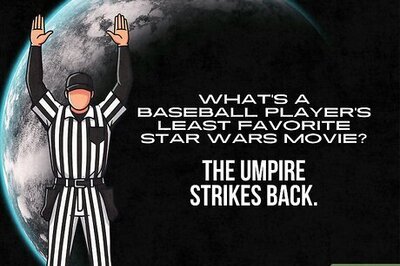
views
Beijing: China's unprecedented attack on India in 1959 didn't go well with ally USSR. During the Soviet era, both India and the Soviet Union enjoyed a close relationship and for the sake of this friendship, the erstwhile USSR criticised China for invading India.
Soviet leader Nikita Khrushchev squarely blamed China's Mao Zedong for the border skirmish in 1959 with India and the subsequent escape of Tibetan spiritual leader the Dalai Lama, absolving then Indian Prime Minister Jawaharlal Nehru of any blame, a media report said on Saturday.
According to a transcript of a stormy meeting between Khrushchev and Mao published by Hong Kong's South China Morning Post, the Soviet leader bluntly told the then chairman of China's ruling Communist Party that he was responsi ble for the situation in Tibet and the tension with India. The acrimonious meeting towards the end of September that year - a little over a month after the skirmish between Indian and Chinese troops - reportedly forced the Soviet leader cut short his visit to Beijing.
The Post attributed the Cold War International History Project of Wilson Centre as the source of the transcript. The meeting began with Khrushchev telling Mao: "You have had good relations with India for many years. Suddenly, here is a bloody incident, as a result of which Nehru found himself in a very difficult position."
"If you let me, I will tell you what a guest should not say: the events in Tibet are your fault. You ruled in Tibet you should have had your intelligence [agencies] there and should have known about the plans and intentions of the Dalai Lama," Khrushchev told Mao.
Mao shot back: "Nehru also says that the events in Tibet [were] our fault. Besides, in the Soviet Union they published a TASS declaration on the issue of conflict with India [supporting India]."
He was referring to a report in the Russian state-run news agency TASS, urging India and China to reach a negotiated settlement.
Khrushchev also told Mao that he was "outraged" by the Chinese calling the Soviet Union "time-servers".
"Take back your accusations; otherwise we spoil relations between our parties. We are your friends and speak the truth. We never acted as time-servers with regard to anybody... If you consider us time-servers, comrade Chen Yi, then do not offer me your hand. I will not accept it," Khrushchev told Mao and other Chinese leaders who attended the meeting.
After that visit, relations between China and then Soviet Union appeared to deteriorate leading to Beijing warming up to the US.
- With inputs from PTI



















Comments
0 comment